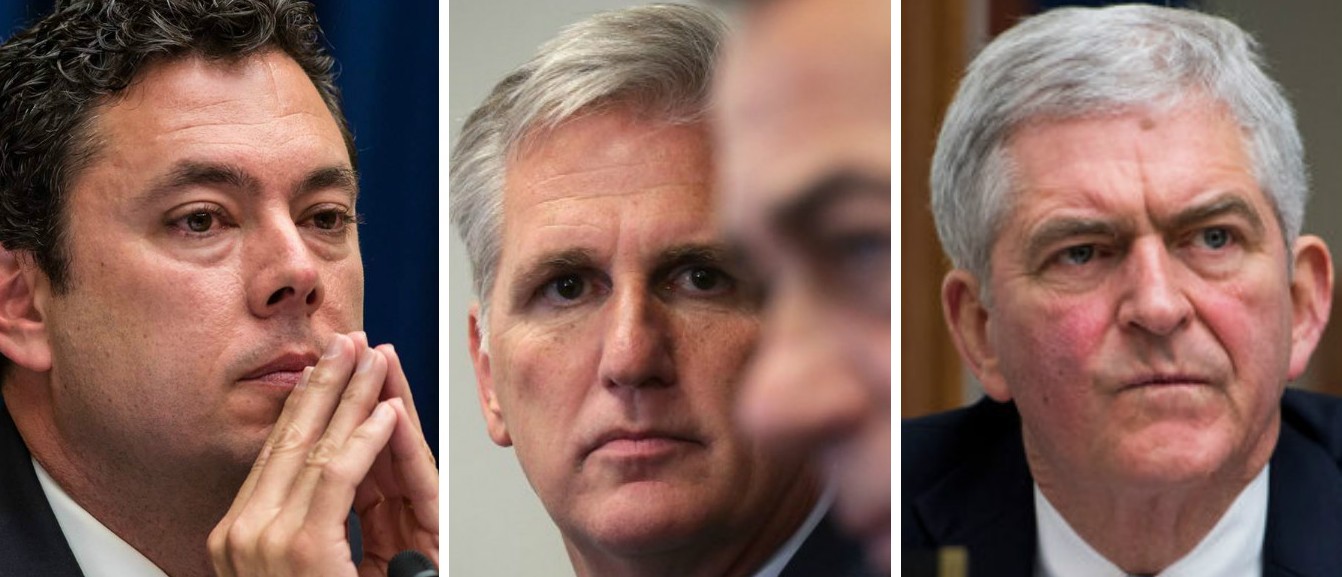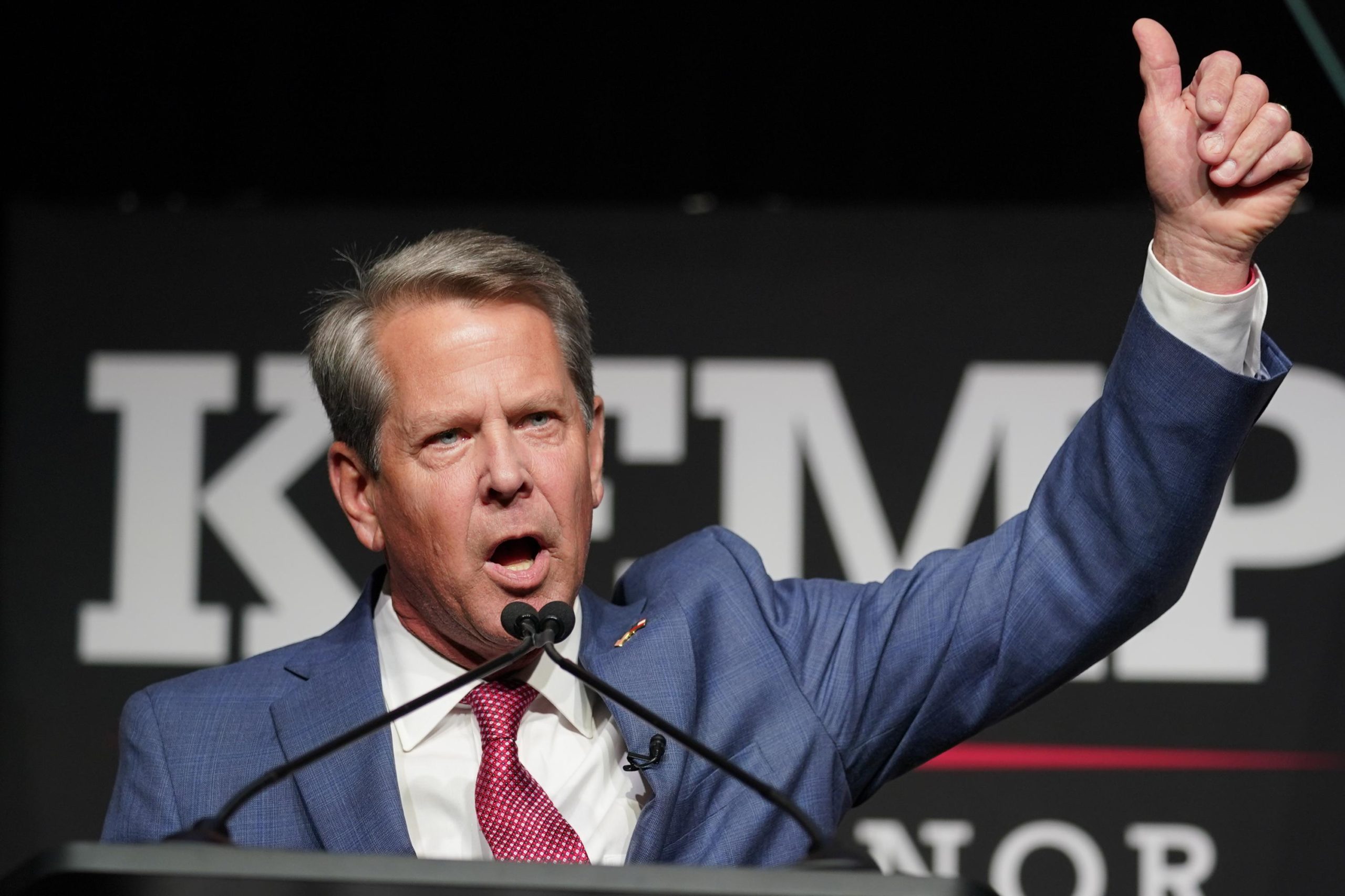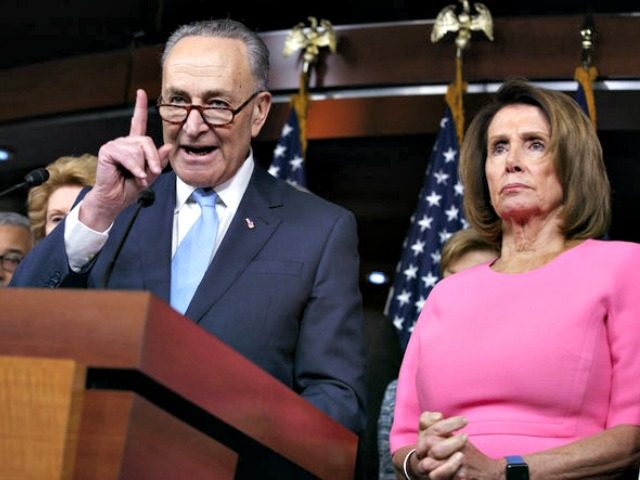Finally, a reason international affairs junkies should care about domestic politics.
As the national stage is dominated by Republican candidates lambasting each other over drone strikes and Syria, a smaller election within the Republican Party is well underway. On October 29, the House is expected to vote to replace sitting Speaker John Boehner. The results of the impending vote are not at all certain, especially after front runner Kevin McCarthy announced at a closed-door Republican meeting that he was dropping out of the race. Many suspect this was due to his standing dispute with the hardliners in the conservative House Freedom Caucus, who backed Tea Partier Daniel Webster over McCarthy. With Paul Ryan refusing to run, the race has come down to establishment outsiders such as Rep. Chaffetz of Utah and Rep. Webster of Florida. Regardless of who wins, the new Speaker will have long lasting implications for several issues in international relations. Here’s where some of those impacts will be seen:
- Trans-Pacific Partnership
A new Speaker will likely complicate the passage of the recently inked Trans-Pacific Partnership. The fight over Obama’s massive trade deal is just getting underway as Congress approaches the up-or-down vote in 90 days. In some ways, this fight has already played out in the debate over Trade Promotion Authority, the bill that gave the Obama administration the authority to negotiate the deal in the first place. That battle resulted in a unique dynamic in which GOP leadership backed the Obama administration over an unlikely coalition of Tea Partiers and liberal Democrats. Boehner was instrumental in getting the support for TPA’s close 219 to 211 vote passage – without the Speaker’s support, the chances of success in a trade showdown seems unlikely.
Rep. Webster, the chosen candidate of the House Freedom Caucus, was among the Tea Partiers that lobbied hard against giving President Obama more authority to negotiate trade. Although he is unlikely to win, the House Freedom Caucus’ influence over the Speaker race will undoubtedly harden their resolve to stop the President’s trade deal from going through. Whoever wins the Speakership will need the House Freedom Caucus’ support in the vote on October 29th. Rep. Chaffetz voted in favor of TPA but received backlash over his subsequent removal of subcommittee chairman Rep. Meadows, after Meadows defied GOP leadership by voting against the bill. There are already serious doubts among the Republican leadership and Clinton’s recent reversal is causing moderate Democrats to rethink their support. The shifting dynamics in the House will hurt the chances of President Obama’s foreign policy centerpiece.
- Military Budget
The current debate over the National Defense Authorization Act (NDAA) demonstrates the Republican Party’s emphasis on increasing military spending. Boehner was able to work with Democrats in the past to cut deals regarding defense cuts and sequestration, but the new Speaker will likely be unable to reach across the aisle. The proposed version of the NDAA bill circumvents the 2011 Budget Control Act military spending limits by adding $38 billion dollars to the cap exempt Overseas Contingency Operations (OCO) fund. President Obama has vowed to veto the bill and Boehner is working towards a compromise, but momentum for an override exists. A hardline conservative as Speaker would collapse ongoing negotiation efforts unless more military spending is approved.
The increase in military spending will likely be offset by a decrease in foreign aid. The Tea Party’s foreign policy is characterized by a rejection of “liberal internationalism” in favor of a more hawkish defense posture, and Webster has a history of voting to pull aid from foreign governments on the US payroll. Chaffetz has joined the Tea Party in voting for multiple resolutions to limit foreign aid to Libya, Pakistan, and Egypt. The current version of the defense authorization bill pushed by the conservative base also includes further cuts in aid to Ukraine and Turkey.
- Syria
Congress has recently held greater influence on the United States’ response to the Syrian civil war. The ineffectiveness of the Syrian rebel training program coupled with the lack of response to the refugee crisis has put the Obama administration at odds with House Republicans. House and Senate Intelligence committees are currently investigating whether our agencies overlooked threats to US backed rebels or misjudged signs of Moscow’s true intentions in the region. The Republican establishment has repeatedly called for greater intervention in the fight against Assad.
However, Webster and the House Freedom Caucus represent an isolationist branch of the Republican Party who reject US involvement in foreign military conflicts. “While I will seriously consider the information delivered in upcoming classified briefings, at this point I am strongly opposed to military intervention in Syria,” said Webster. A new Speaker would also complicate the administration’s efforts to help Syrian refugees. In a press release last month, Chaffetz stated, “we must not overlook the inherent security risks of this decision by President Obama … I don’t trust this Administration’s ability to vet new arrivals.” In either case, Boehner’s departure will likely result in a further lack of action on Syria.
Final Thoughts
In all fairness, none of this is written in stone. In this changing political climate, tomorrow’s outlook might be very different. If Paul Ryan runs, he could be a stabilizing influence to satisfy the House Freedom Caucus and check the far right within the Republican Party. Some political pundits have even argued that the unique situation makes it possible to have a bipartisan speaker. On the other hand, the 2016 elections could usher in a more conservative majority that reaffirms the House Freedom Caucus’ power. Regardless, this race will definitely shift US foreign policy – whether that’s for better or for worse remains to be seen.
Photo Credit: Daily Caller


